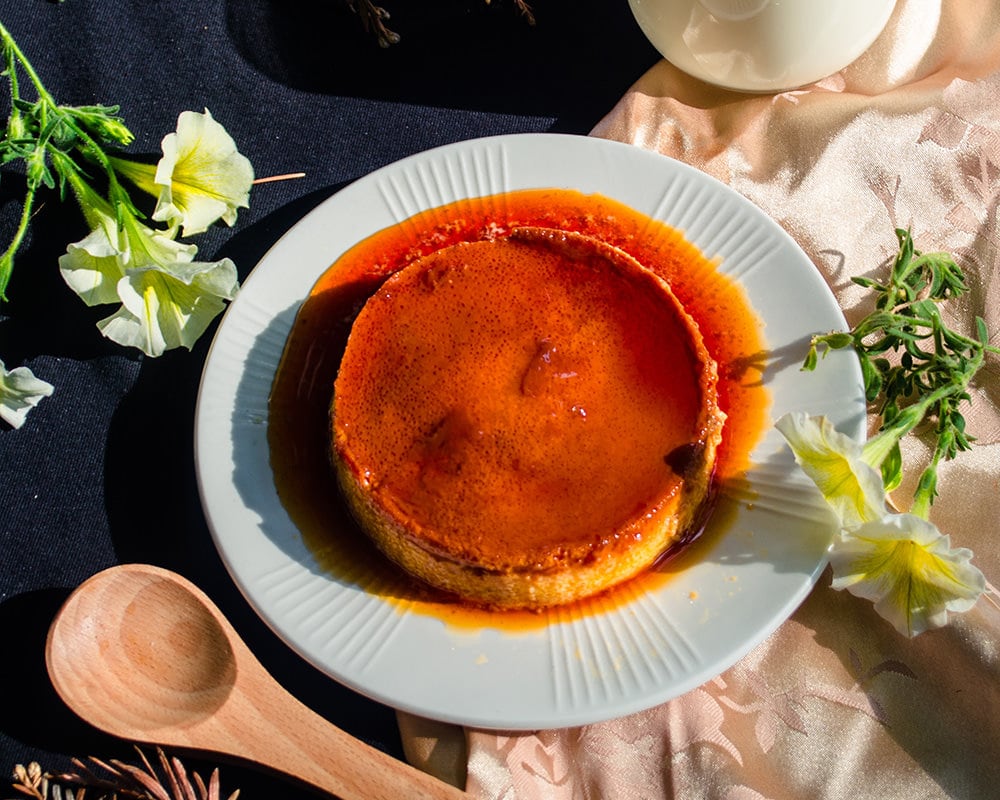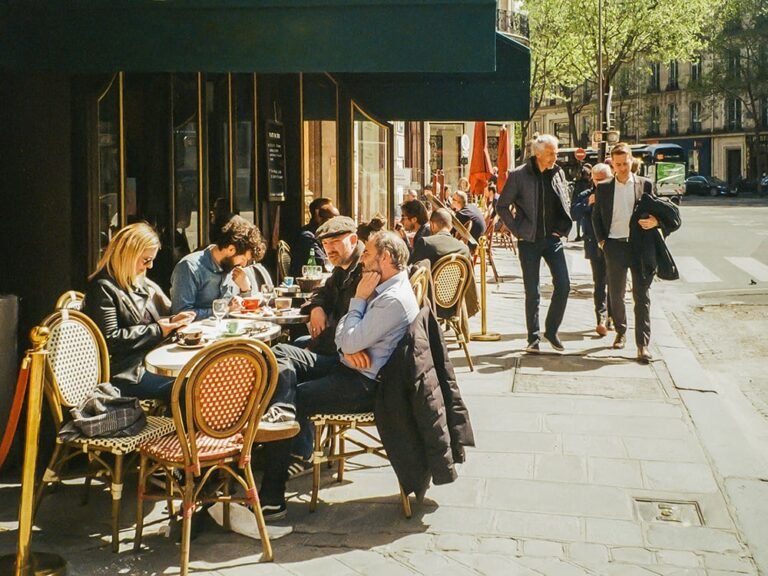en rester comme deux ronds de flan
The French expression “en rester comme deux ronds de flan” is an idiomatic expression that means “to be left speechless,” “to be perplexed,” or “to be stunned.” It is used to describe someone who is so surprised or shocked by something that they are unable to respond or react.
Some believe that the origin of this expression dates back to the 16th century. It comes from the word “flan” which then meant a metal disk used to make coins. The expression refers to the round eyes of a perplexed person.
Others believe the expression dates from the end of the 19th century, when “rond” was a slang term for money and “flan” was a cheap and popular alternative to the baba, a type of patisserie.






